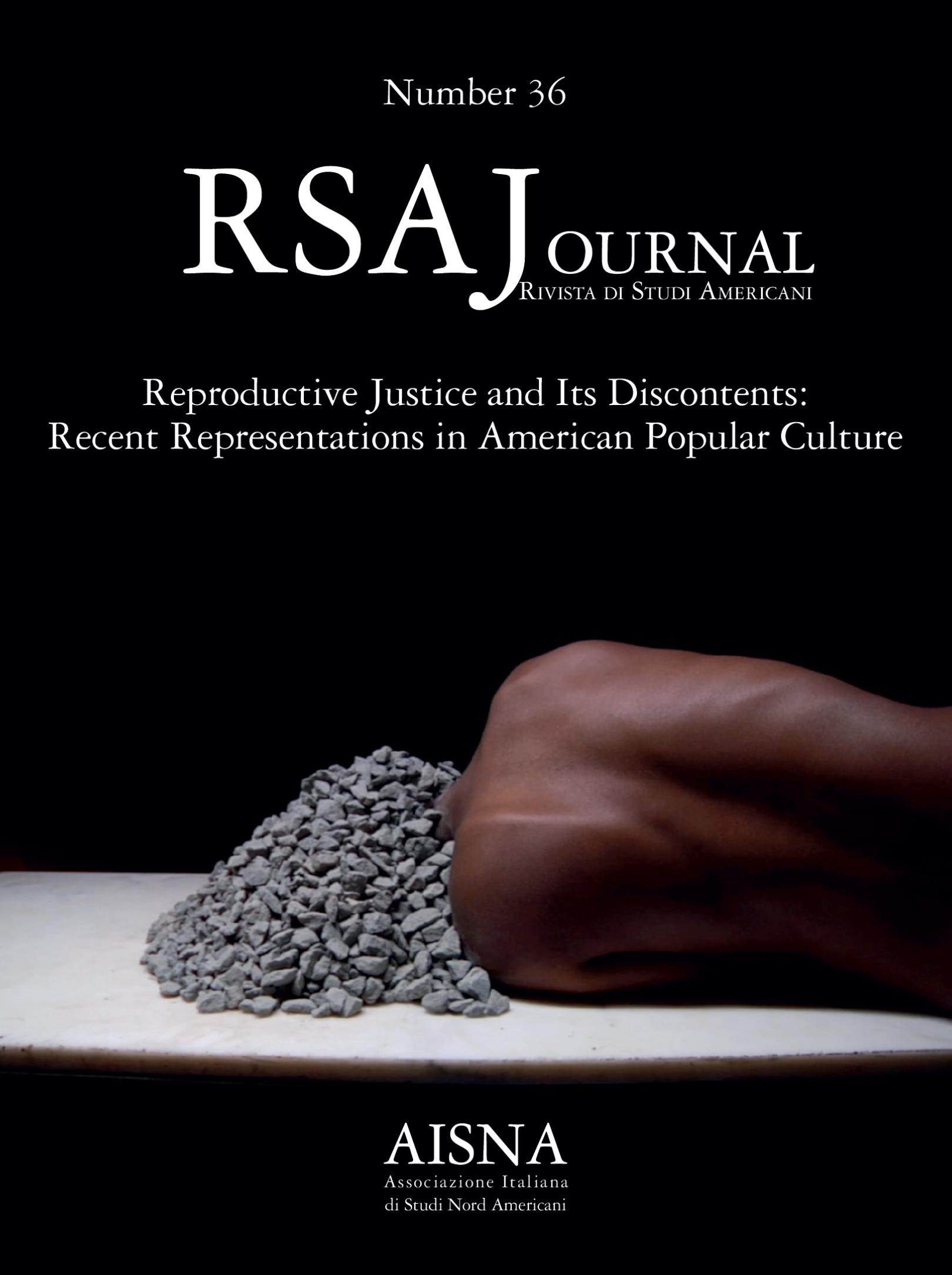Character and Choice
English
DOI:
https://doi.org/10.13135/1592-4467/11779Parole chiave:
EnglishAbstract
This essay summarizes the history of abortion in teen movies in the United States, emphasizing how, for over a century, teen abortion has often been censored, omitted, or depicted inaccurately. Even after the legalization of abortion via Roe v. Wade in 1973, a film like Fast Times at Ridgemont High (1982), which shows abortion as a simple and painless procedure, remained rare. However, soon before the US Supreme Court overturned Roe v. Wade via the Dobbs v. Jackson decision in 2022, several American teen movies such as Grandma (2015); Never Rarely Sometimes Always (2020); Unpregnant (2020); and Plan B (2021) shifted the teen abortion narrative by depicting abortion itself as a valid and reasonable choice by the girl protagonist even as their access to abortion and emergency contraception becomes an ordeal necessitating a road trip. These sympathetic portrayals of girls who have a right to their abortion rewrite many of the stereotypes that had come to define abortion narratives for teens, instead showing abortion to be the safe and effective procedure that it is. In addition, these films highlight the difficulties for girls who need funds and parental consent for their abortions, predicting the actual circumstances that many adults as well as teens now find themselves in upon Dobbs v. Jackson decision. At the same time, it hardly seems coincident that each film portraying an abortion depicts the girl in an abusive or harmful relationship. In doing so, the stories emphasize the girls’ need for an abortion. However, such a pattern begs the question – is such a relationship deemed necessary within the story to give them the “right” to an abortion? In this essay, I look to the history of abortion in teen films and examine the recent phenomenon of the abortion road trip teen film. Ultimately, I argue that aspects of these plots seem aimed toward appealing to a pro-choice fanbase while seeking to avoid ostracizing a more conservative audience who requires more justification for abortion.
##submission.downloads##
Pubblicato
Fascicolo
Sezione
Licenza
Copyright (c) 2025 Michele Meek

Questo lavoro è fornito con la licenza Creative Commons Attribuzione - Non commerciale - Non opere derivate 4.0 Internazionale.
Avviso sul Copyright
RSAJournal applica una licenza CC BY-NC-ND a tutti i suoi contributi. Questa licenza consente agli utenti di copiare e distribuire il materiale in qualsiasi supporto o formato solo in forma non adattata, per scopi non commerciali e a condizione che venga esplicitato/a l'autore/autrice dell'opera. CC BY-NC-ND include i seguenti elementi:
- BY: L'autore deve essere riconosciuto come tale.
- NC: Sono consentiti solo utilizzi non commerciali dell'opera.
- ND: Non sono consentite opere derivate o adattamenti dell'opera.
Gli autori che pubblicano con questa rivista accettano i seguenti termini:
- Gli autori conservano il copyright e tutti i diritti di pubblicazione per i loro contributi alla rivista.
- Gli autori concedono alla rivista il diritto di prima pubblicazione in base alla licenza internazionale Creative Commons Attribution-NonCommercial-NoDerivatives 4.0, che consente ad altri di condividere l'opera non modificata per scopi non commerciali a condizione che venga esplicitato/a l'autore/autrice dell'opera e la sede di pubblicazione iniziale (questa rivista).
- Gli autori sono in grado di stipulare accordi contrattuali separati e aggiuntivi per la distribuzione non esclusiva della versione pubblicata dalla rivista (ad esempio, per inserirla in una repository istituzionale o pubblicarla in un libro), con l'indicazione che il contributo è stato precedentemente pubblicato in RSAJournal.




